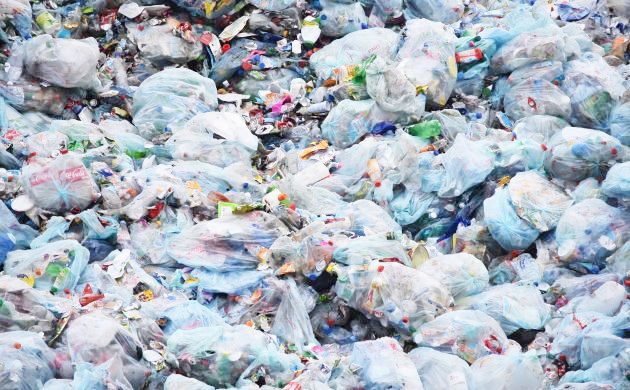The government’s recently-announced ‘Plastic without waste’ strategy, which is a part of a bill that will seek parliamentary approval, comprises 27 initiatives geared towards reducing plastic waste in nature and incinerators and improving recycling.
The environment and food manager, Jakob Ellemann-Jensen, believes that Denmark shouldn’t stop the use of plastic, but rather embrace it in a more intelligent manner.
“Today, we burn far too much plastic and we must become better at recycling it,” he said.
“We don’t have unlimited resources at our disposal, and there is no reason to explore new resources when we can use the ones we already possess.”
End up inside turtles
Among the 27 initiatives are the establishment of a national plastic centre, better sorting of plastic waste, and banning the thin plastic bags customers get at kiosks, pizzerias and greengrocers.
“We need to move away from the ‘use and throw away’ culture that we have probably embraced a little too much in terms of plastic bags,” Ellemann-Jensen told TV2.
“These thin plastic bags that are common in pizzerias are not very recyclable – we need to stop using them. It’s inefficient and negligent. We must become much better at reusing the thicker plastic bags when shopping.”
Henrik Beha Pedersen, the founder of interest organisation Plastic Change, added: “These bags are the ones found in turtles and whales in the ocean. We simply use too much plastic and we don’t consider the impact because the bags are free.”
Maritime rubbish focus
In related news, the government has set aside 20 million kroner in the 2019 budget to support a new fund under the auspices of the World Bank to tackle the problem of plastic waste in the maritime environment, reports Ingeniøren.
The development minister, Ulla Tørnæs, recently launched the Ocean Plastic Forum – a collaboration between 18 Danish partners to find solutions to protect the world’s oceans.
Its focus will be especially on developing countries where increasing prosperity has often led to increasing amounts of plastic being produced.















